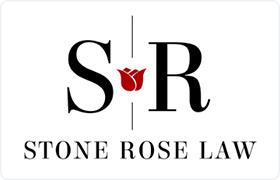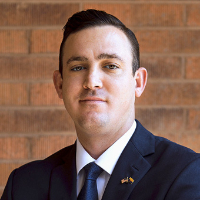Crown King Criminal Lawyer, Arizona
Sponsored Law Firm
-
 x
x

Click For More Info:
-
Stone Rose Law
8010 E McDowell Road Suite 105 Scottsdale, AZ 85257» view mapCriminal Defense High-Quality & Affordable Representation
If you have been charged with a crime, you need experienced representation from a Phoenix criminal lawyer at Stone Rose Law.
800-964-0510
Virginia Ann Jacobson
Trusts, Family Law, Divorce & Family Law, Criminal, Insurance
Status: In Good Standing *Status is reviewed annually. For latest information visit here Licensed: 30 Years
Kennedy C A Klagge
Other, Federal Appellate Practice, Public Law, Criminal, Military & Veterans Appeals
Status: In Good Standing *Status is reviewed annually. For latest information visit here Licensed: 22 Years
Clifford Lawton Hill
Family Law, Divorce & Family Law, Juvenile Law, Criminal, Employment Discrimination
Status: In Good Standing *Status is reviewed annually. For latest information visit here Licensed: 20 Years
Krista M Carman
Litigation, DUI-DWI, Wrongful Death, Household Mold
Status: In Good Standing *Status is reviewed annually. For latest information visit here Licensed: 23 Years
Ingrid Hughes
Juvenile Law, Other, Criminal
Status: In Good Standing *Status is reviewed annually. For latest information visit here Licensed: 20 Years
David P Stoller
Litigation, Federal Appellate Practice, Criminal, Family Law
Status: In Good Standing *Status is reviewed annually. For latest information visit here Licensed: 48 Years
John D Napper
Criminal
Status: In Good Standing *Status is reviewed annually. For latest information visit here Licensed: 23 Years
Emily Christine Dolan
Criminal
Status: In Good Standing *Status is reviewed annually. For latest information visit here Licensed: 20 Years
 Steven Scharboneau Scottsdale, AZ
Steven Scharboneau Scottsdale, AZ Practice AreasExpertise
Practice AreasExpertise